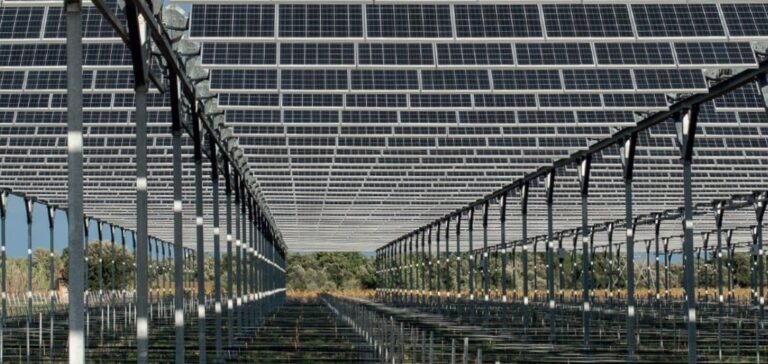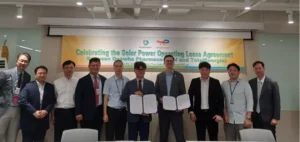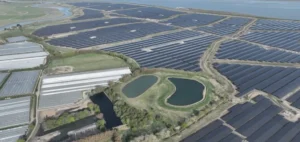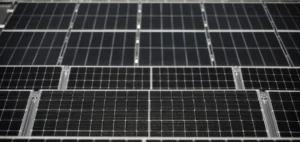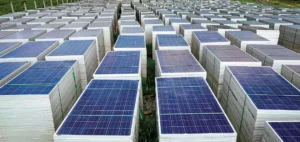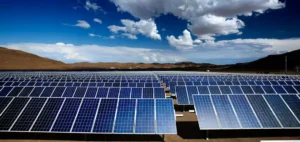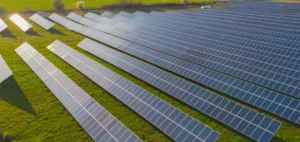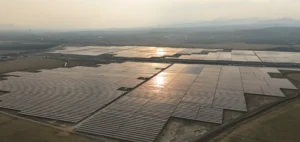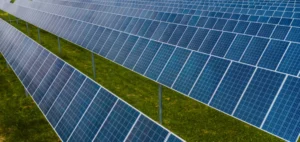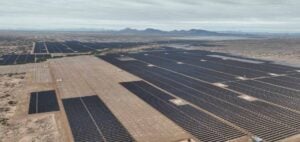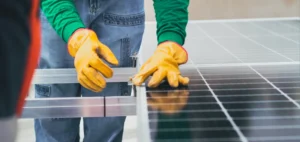Agrivolatism, the fusion of agriculture and photovoltaic technology, represents a significant step forward in France’s approach to sustainable development. This method consists of installing solar panels on top of farmland, enabling dual use of the land for agriculture and renewable energy production. Widespread in Asia, notably Japan and South Korea, this technology is gaining ground in France, but faces regulatory challenges and growing concerns in the agricultural sector.
Regulatory debates and deadlines
At the heart of the discussion is an implementing decree, long-awaited since the enactment of the agrivoltaics law last spring. Key players in the sector, such as France Agrivoltaïsme and various energy companies, are eagerly awaiting the publication of this decree, which will set out guidelines for the siting of solar panels. A major bone of contention is the proportion of land that will be covered by these facilities. The France Agrivoltaïsme association proposes a maximum of 40% coverage, while other stakeholders advocate either lower or higher densities, depending on their commercial or environmental interests.
Impact on Agriculture and the Environment
Agrivoltaics offers undeniable advantages, such as protecting crops from extreme weather conditions and producing a clean source of energy. However, the farming community is expressing concerns, particularly about the potential impact on land prices and productivity. The demonstrators developed by EDF in Gironde, Seine-et-Marne and Gard offer insights into how these systems can coexist with various types of crops.
Consensus and Compromise in Research
The Fédération Nationale des Syndicats d’Exploitants Agricoles (FNSEA) and the Jeunes Agriculteurs union expressed differing opinions on the percentage of coverage, reflecting the division within the agricultural sector. While voices are being raised in favor of “reasoned and controlled” development of agrivoltaic installations, the fair sharing of the value created between energy companies, landowners and their tenants remains a major concern.
The publication of the decree, scheduled for January, is eagerly awaited by the entire sector. This regulatory text will play a decisive role in structuring the agrivoltaics market in France, influencing not only the country’s energy future, but also the way in which agriculture and renewable energy can coexist symbiotically. This puts France at the forefront of an energy revolution, in which agrivoltaics could well play a key role.

